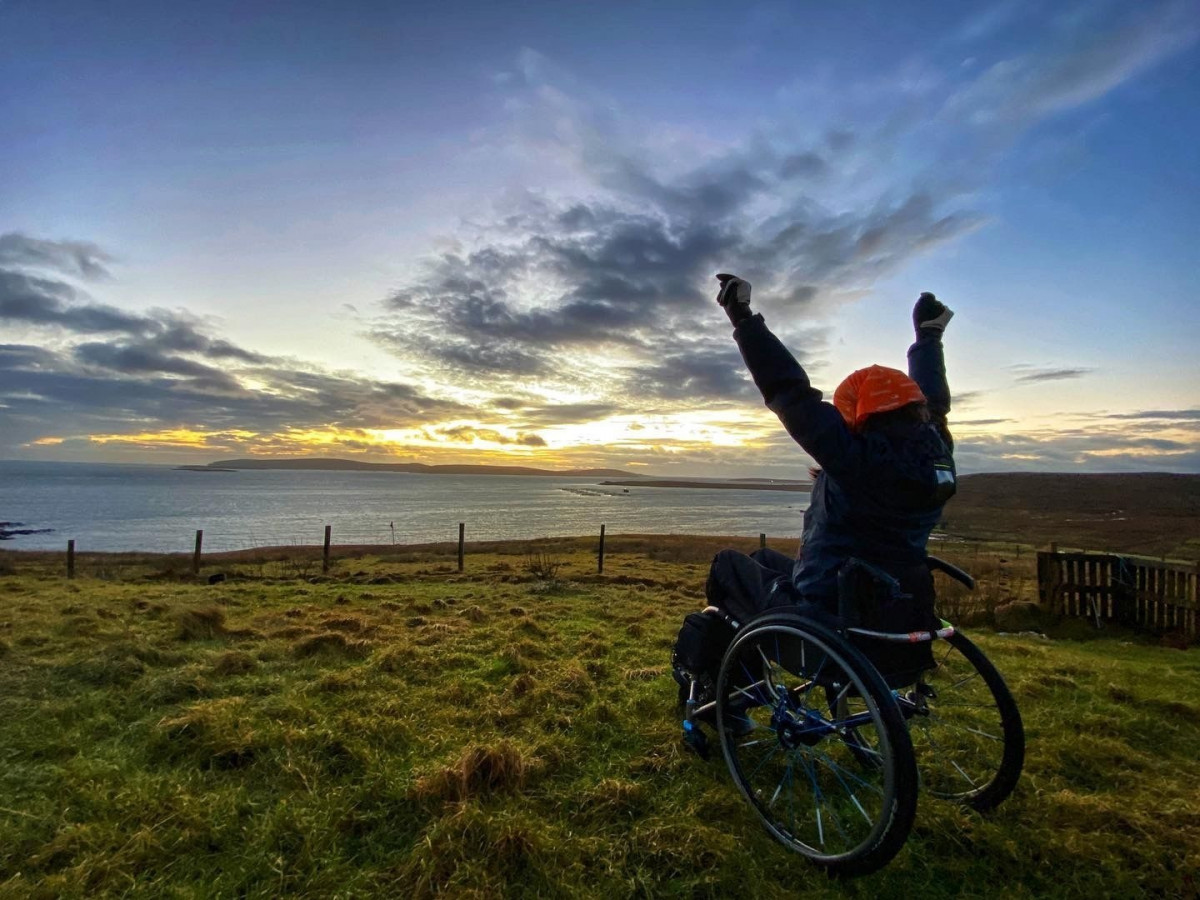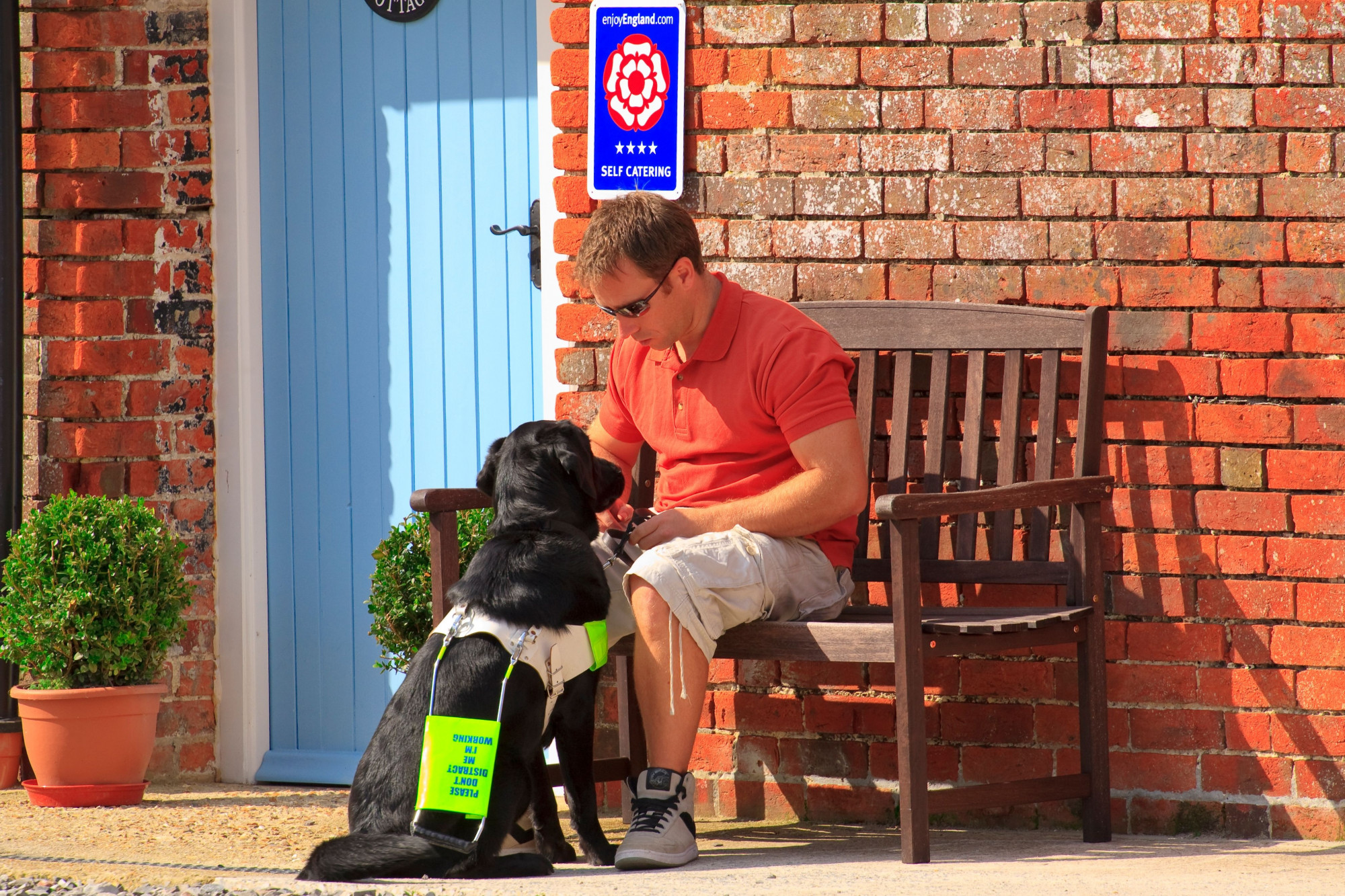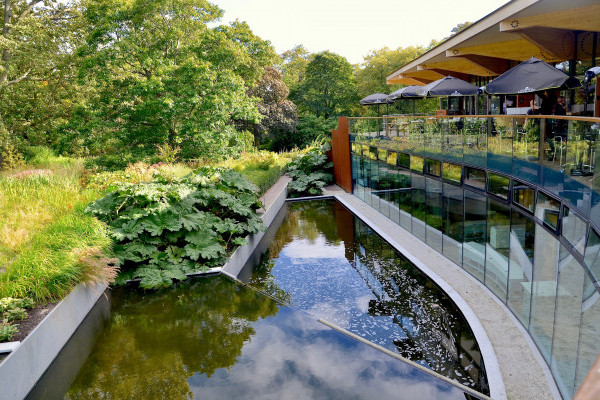
Visit England
Creating an accessible tourism toolkit
Mima is proud to have worked with VisitEngland to create practical, accessible tourism guidance, actionable checklists and technical design standards for SMEs within the accommodation, food and beverage, visitor attraction and events sectors.
With an understanding that many businesses are often time and budget-poor but have aspirations to deliver inclusive experiences to their disabled customers and colleagues, the new best-in-class accessible tourism toolkit provides practical hints and tips to help small to medium sized businesses at varying stages of their accessibility journeys, focusing on built environment improvements, operational training and digital accessibility measures.
The toolkit and its appendices have been created in collaboration with several national disability charities, including the Business Disability Forum and RNIB, and a range of trade associations including Historic Houses and Premier Cottages.
The toolkit was launched by VisitEngland in December 2023.
Our Task
At the start of the project, VisitEngland had a lot of brilliant, existing content and documentation surrounding accessibility, including built environment guidance and advice on how to provide a more inclusive welcome to customers. The aim of our work wasn’t to replace this, but rather to thoroughly review, update and collate it to create a one-of-a-kind platform with consistent and aspirational accessibility and inclusive design resources for the tourism industry that were all in one place.
Co-creation and co-production was a hugely important part of this project, and will continue to be as we make updates to the toolkit over the coming months and years. We worked with over 30 leading disability charities, tourism trade associations and independent reviewers to create the toolkit and its supporting documents; they are full of technical information, practical hints and tips and real-life case studies.

Our Solution
There are four different document types that have been created as part of this project, each with a slightly different use and purpose. All four document types cover, in their own ways, practical or technical guidance on improving accessibility across four key areas: Customer, Place,
Information and Employment. These four pillars are important as they don’t just speak to the end-to-end journey that a customer or guest will have to make; they also focus on the internal culture and operations of businesses within the visitor economy, no matter the size or sector. And ultimately,
combining all four when thinking about accessibility will drive forward improved customer service and that all-important inclusive ‘welcome!’
One of the most important things for us was for all four document types to be positive, warm and encouraging in their tone. No one ever takes the best course of action if they’re constantly fearful about getting things wrong. We wanted readers to come along with us on the journey, connect with pragmatic, practical and easy-to-digest information, and feel empowered to act on it.
The first, and main, document is the practical toolkit. By drawing on best practice case studies from many businesses within the industry, this toolkit provides advice to tourism SMEs on a large number of topics, including:
How to better understand the benefits of providing an inclusive experience, including finding out more about the spending power of disabled people and their households, otherwise known as the Purple Pound;
How to focus on the accessibility requirements of customers, rather than on their impairments or medical conditions;
How to communicate inclusively with customers, and train staff to have both knowledge and empathy surrounding disability issues;
How to market a business in an inclusive way, make online platforms accessible, and ensure D/deaf and disabled representation on social media;
The importance of focusing on internal cultures and operations to become a more inclusive recruiter and employer, and how to encourage diverse leadership within an organisation;
The tools needed to successfully continue an accessibility journey, the importance of ownership and accountability surrounding this, but also of the phrase ‘progress rather than perfection’.
To accompany the toolkit, and as the second document-type, we created several downloadable and business-specific ‘action checklists’. These cover serviced accommodation, self-catering accommodation, visitor attractions, food and beverage businesses, and events organisations. The checklists take the advice within the toolkit and separate it out into individual action points, allowing businesses to make notes surrounding timeframes, ownership and desired outcomes before marking the checklist to complete a task. One of the most common phrases within the accessibility world is “I don’t know where to start” and with good reason; let’s not pretend that inclusive improvements don’t sometimes feel like a mammoth task! But we hope that these checklists will help to create bitesize action points that move things forward in the right direction for all businesses.
Moving on to the third document area, we would like to extend thanks to members of England’s Inclusive Tourism Action Group (EITAG), who created the original version of the ‘Top 20 Tips’ documents, and worked with us to update these. These business-specific documents provide 20 top tips that allow time-poor business owners and managers to focus their attention and action on a small but important number of priority areas. Quite often, these are ‘quick wins’; changes that won’t necessarily cost much or take a lot of time to implement, but will have a lasting physical or operational impact on disabled customers or colleagues.
And finally, we have updated the well-used and loved National Accessible Scheme (NAS) standards to create a technical guidance document for the built environment that aligns with best practice accessibility standards and guidance. The target audience for this technical guidance will mostly be small to medium sized businesses with existing premises they are looking to refurbish, convert or adapt, but for whom major structural changes may be limited.
Next Steps:
As we move forward, we are delighted to say that the full toolkit is now available as part of the Business Advice Hub on the re-launched VisitEngland and VisitBritain industry website. It is freely available to everyone at visitengland.org/access. These resources will be regularly updated; Mima will continue to support VisitEngland in evolving and enhancing the guidance to ensure best practice is always at the forefront. We actively welcome feedback and content development suggestions at feedback@visitengland.org. We extend our gratitude to all those who have contributed to the toolkit, shaping it into a valuable and inclusive resource for the tourism industry.


